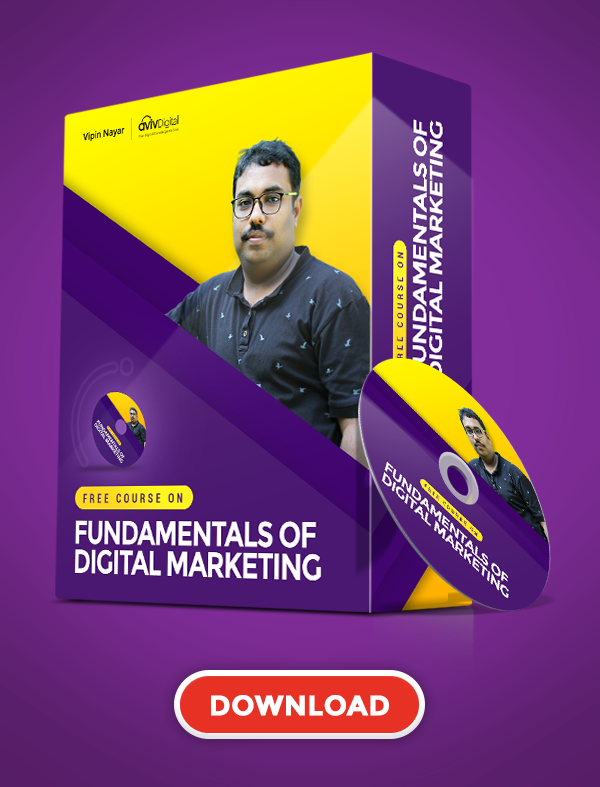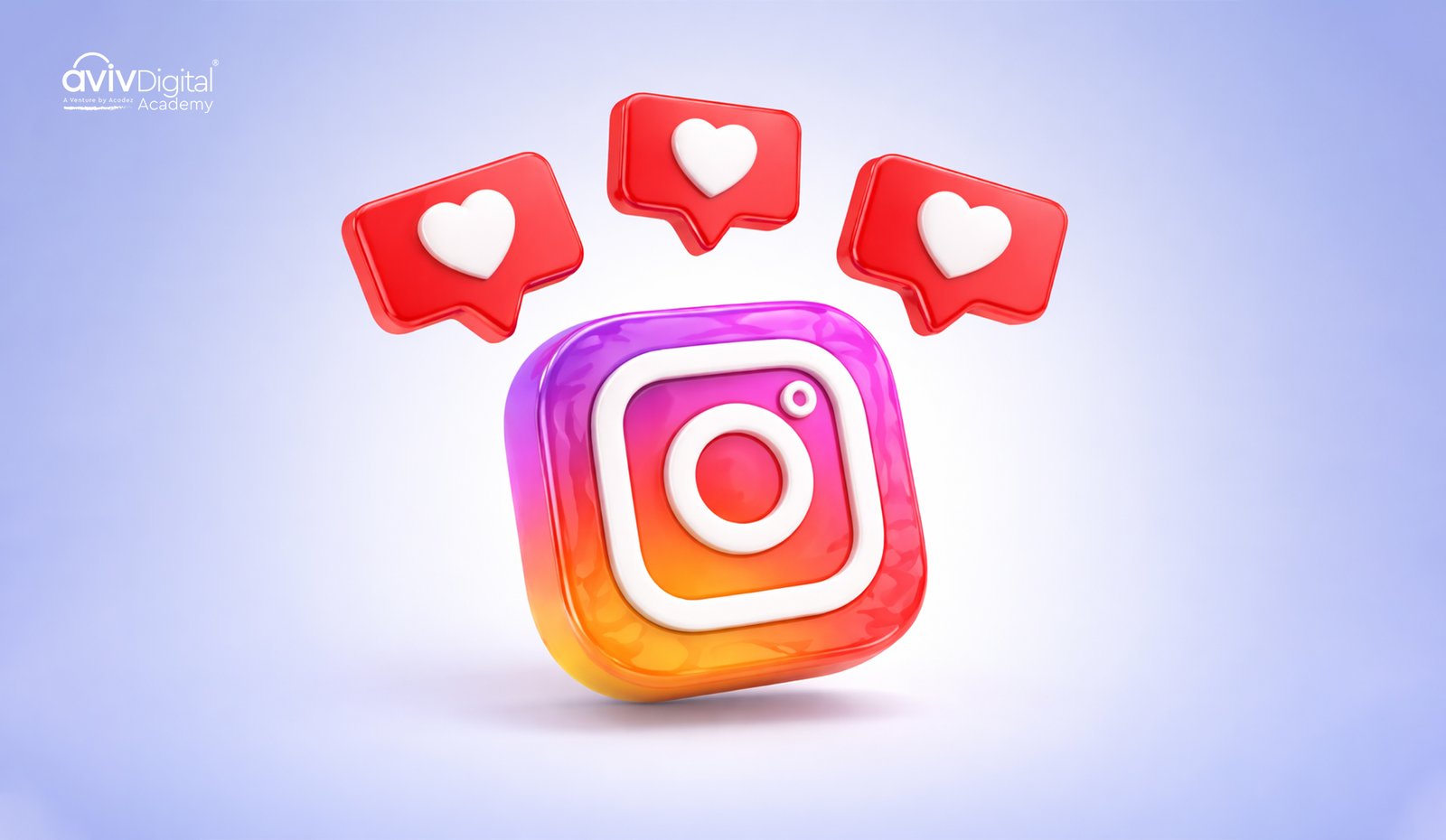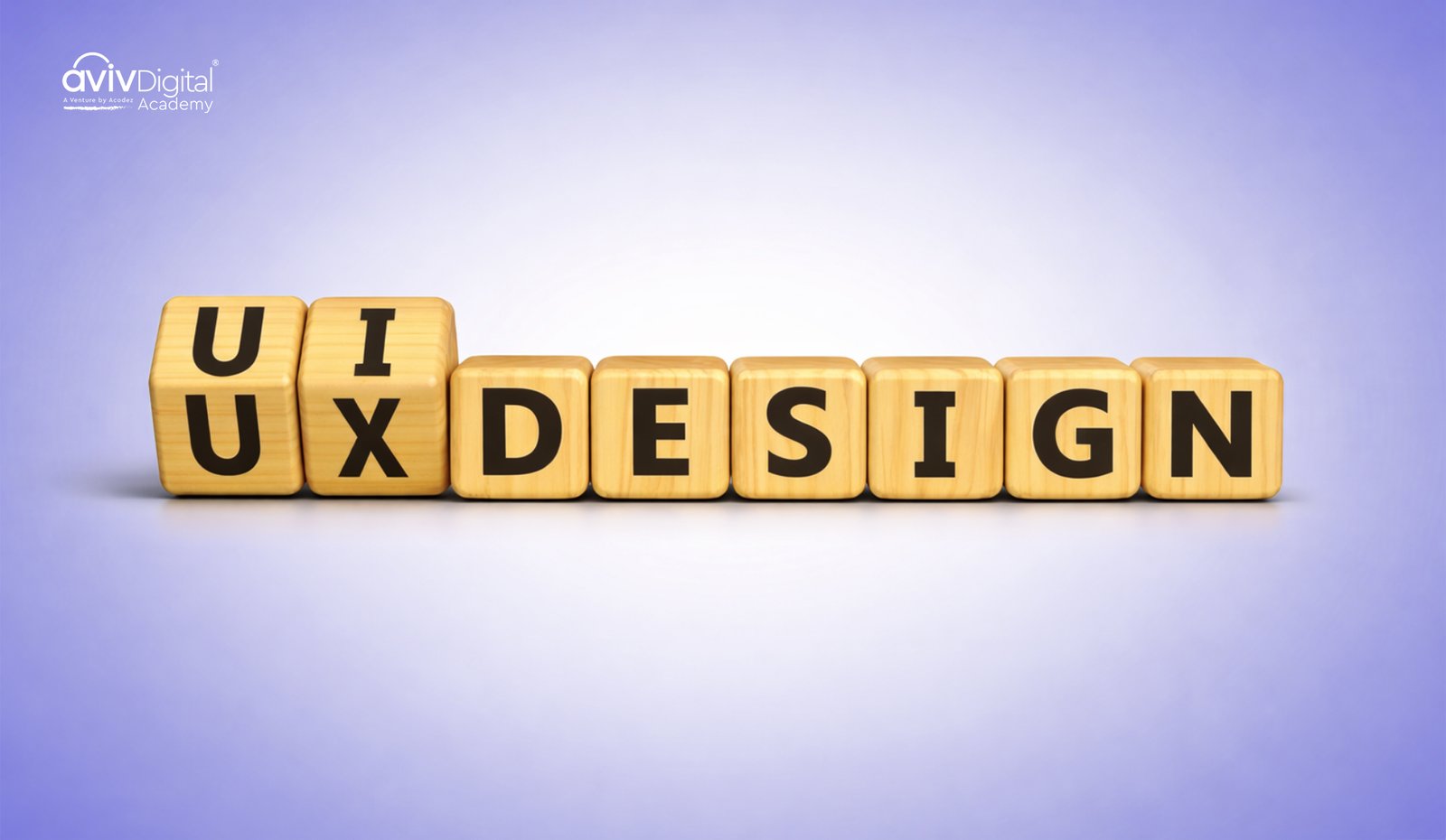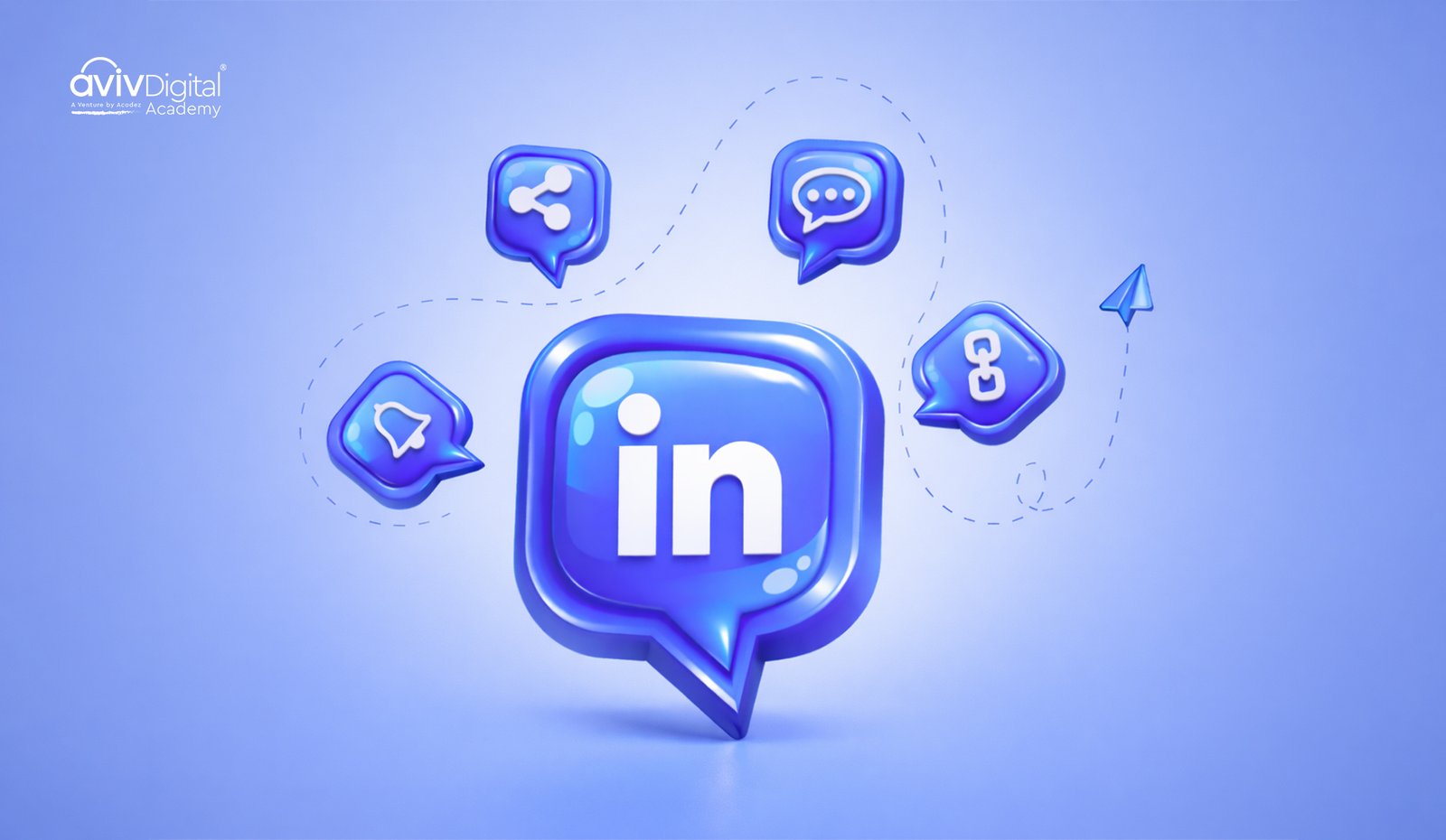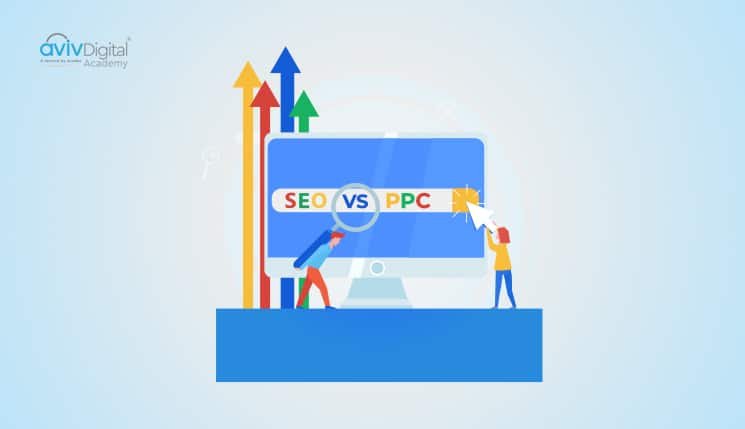
We often wonder why SEO and PPC always get the upper hand in digital marketing and are always chosen by businesses. The businesses in Kochi in particular, also follow these strategies to maintain their presence in the market efficiently. If you are also curious to learn how these concepts differ and how they are diverse enough to make businesses choose them within their business, this article is just for you to bomb the ideas soon.
Understanding SEO
SEO is a crucial part of digital marketing, aiming to discover prospects within the website visit. In this section, let’s explore the SEO aspect of digital marketing.
What is SEO?
Search Engine Optimisation(SEO) by its word itself means optimising the websites so that they can be visible when searched and are shown first(highest rank). SEO disperses into various activities like analysing the websites, deciding which content can be perfect for the website and adding suitable keywords to the content. Simply, SEO aims at gaining organic visibility and rankings, which is found to be helpful in converting visitors to leads.
Components of SEO
SEO can be classified into core elements like on-page, off-page, technical SEO, and local SEO.
On-page SEO is about optimising website content by considering keywords and rich snippets along with short content like title tags, meta descriptions, and URLs. On-page SEO also ensures the proper structure of website pages, internal and external linking, and schema markup, and these act as a pillar on which a website can count confidently.
Off-page SEO is concentrated on attributing a website its authority. It is done by discovering authoritative links outside the website and adding them to the relevant content section of the website.
Technical SEO is a continuous process of meeting website security and authority in technical terms. A website in that sense, is expected to use HTTPS in its URLs and have an SSL certificate to make it the real website. In a simpler sense, technical SEO ensures crawling, indexing, rendering, and website architecture.
Local SEO is all about implementing the above SEO strategies within a local city or region. For instance, it could be easy for a business in Kochi to start with local SEO before turning their presence wider. Thus establishing a website and listing it on Google My Business(GMB) could be done very easily for a local city or region.
Pros and Cons of SEO
There are pros and cons for every business interested and using SEO in their marketing strategy. As the strategy is luring enough to straighten its business, it is necessary to evaluate what it aims for and what it yields.
Pros of SEO :-
- It aims to generate organic/natural traffic for the website without any spending.
- It can help gain the trust and attention of the audience.
- SEO efforts deliver long-term traffic.
- It provides a better user experience by engaging the website visitors.
- It yields high click rates as the audience likes to choose organic results rather than seeing an ad.
Cons of SEO :-
- SEO takes months to show the impact of its strategies.
- Frequent algorithm changes in search engines require constant changes in efforts taken.
- High competition among high-demand industries can starve the website out of rankings and traffic.
- Unlike ads, SEO can’t generate instant leads.
- Without an SEO expert, businesses may suffer losses as resources are passed on to create organic traffic.
Understanding PPC
Pay-per-click(PPC) is an online advertising method which is capable of bringing expected results instantly. This method also needs authoritative and relevant content, keywords and work similar to the way SEO puts up a hook in optimising a website. Let’s get to know more about PPC in this section.
What is PPC?
PPC is a form of online advertising for which businesses pay a fee for every click done by the user. The major PPC platforms like Google Ads, Facebook Ads, and LinkedIn Ads are very useful in helping marketing specialists bid for the value of the clicks. A click’s value may depend on the chosen keyword, platform and target audience, which determines the overall quality of a PPC campaign.
Components of a PPC campaign
A PPC campaign needs certain components to work out the essential goal of a business. These components concentrate on the success of the campaign and their influence cannot be ignored.
Keywords are one and foremost of the important components, which are very useful in choosing the right user search and ads circulated along with it. Long-tail keywords are suitable in this case and are crucial for success.
Ad Copy follows after the keyword. You may have been familiar with phrasing the compelling content that can extract much of the leads from the PPC ads. Such a copy shall be encouraging(using CTAs) and stay relevant to the search intent.
Landing pages are those pages that users are directed to after clicking the ad. The page also should be optimised which can convey clear messages, load faster and follow CTA too so that users don’t hurry to exit the page.
Bidding strategy is very crucial because of bidding over keywords and target audience. Simply, bidding can impact the cost and performance of an ad.
Performance Tracking & Analytics can be enabled through Google Ads, Facebook Ads Manager, and Google Analytics. The metrics to be monitored include click-through rates(CTR), conversions, ROI etc, which is very important to improve the ads when needed.
Lastly, the types of ads that are circulated using the PPC method, decide the scale of the above components and check if it works out the strategy as well as of a need to bring better results.
Pros and Cons of PPC
Even when PPC has a good hold in digital marketing, some praise its results, while some feel PPC is not fit for their business. Let’s list the pros and cons of using PPC for businesses.
Pros of PPC:-
- Provide instant results as these ads create urgency when circulated.
- Use precise targeting based on keywords, demographics, and user behaviour.
- Can maintain a proper budget for the ads.
- PPC platforms enable tracking and analysis of every campaign.
- PPC applies to ad formats like search ads, display ads, shopping ads and video ads.
Cons of PPC:-
- Incurs higher costs for every ad, otherwise traffic cannot be promised.
- High-demand keywords are costly which small businesses can’t lay their finger on.
- There are cases even when the target audience is right but ads cannot enough generate leads for the time being.
- They also cannot promise long-term traffic like SEO.
- It also requires regular monitoring to yield the best results.
SEO vs PPC: Impact on Kochi Businesses and Trends
We have discussed the general differences between SEO and PPC, yet we have missed the point of how businesses in Kochi shall choose the opportunities and yield straight out from them.
For a company that aims to blow its marketing efforts both in the short run and long run, both SEO and PPC can work out. SEO aims for long-term branding stressing aspects like brand awareness, and then market depending on the level of expertise they create. By creating a website and optimising it for building the brand’s presence, SEO efforts genuinely aim at long-term results leading to branding the business. If the same company wants to choose PPC, it is purely to result in valuable leads within a short period of time. Thus, PPC creates urgency through their ads to divert the audience to a particular set of products or services.
Furthermore, we know how the Kochi brands have a local reputation. Several businesses in Kochi, have first tried to find the pain points of the local community to choose the strategy. In the above paragraph, we have clearly mentioned when SEO and PPC work best. The only mistake that the brand shouldn’t make is misunderstanding the SEO and PPC practices.
SEO vs PPC: The Interesting and Awful Myths!
| SEO | PPC |
| Local SEO is not worth it! | 1. PPC provides instant results |
| SEO Matters Only for Large Businesses | 2. PPC is much more expensive for small businesses. |
| More keywords mean more rankings | 3. Google Ads is the platform that’s worth pursuing. |
| SEO is a one-time task | 4. Higher bidding guarantees a higher ad position. |
| Social media directly impacts SEO rankings. | 5. Once an ad is live, no further improvements are needed. |
Conclusion
This article can provide you with insights into SEO and PPC and bust out the general myths that are understood to be true. We briefly pointed out the role of both SEO and PPC in businesses centred in Kochi, considering their pros and cons too. Thereby, this article can help you bake and storm the basics of SEO and PPC to learn its feasibility.
Aviv Digital is one of the leading Digital marketing course in Kochi. We offer a wide variety of globally recognized certification programs that include SEO, SEM, SMM, Email Marketing and Inbound Marketing courses. Our programs provide a comprehensive Guide to digital marketing, ensuring you master essential skills. For more details, Contact us at: +91 8156998844



